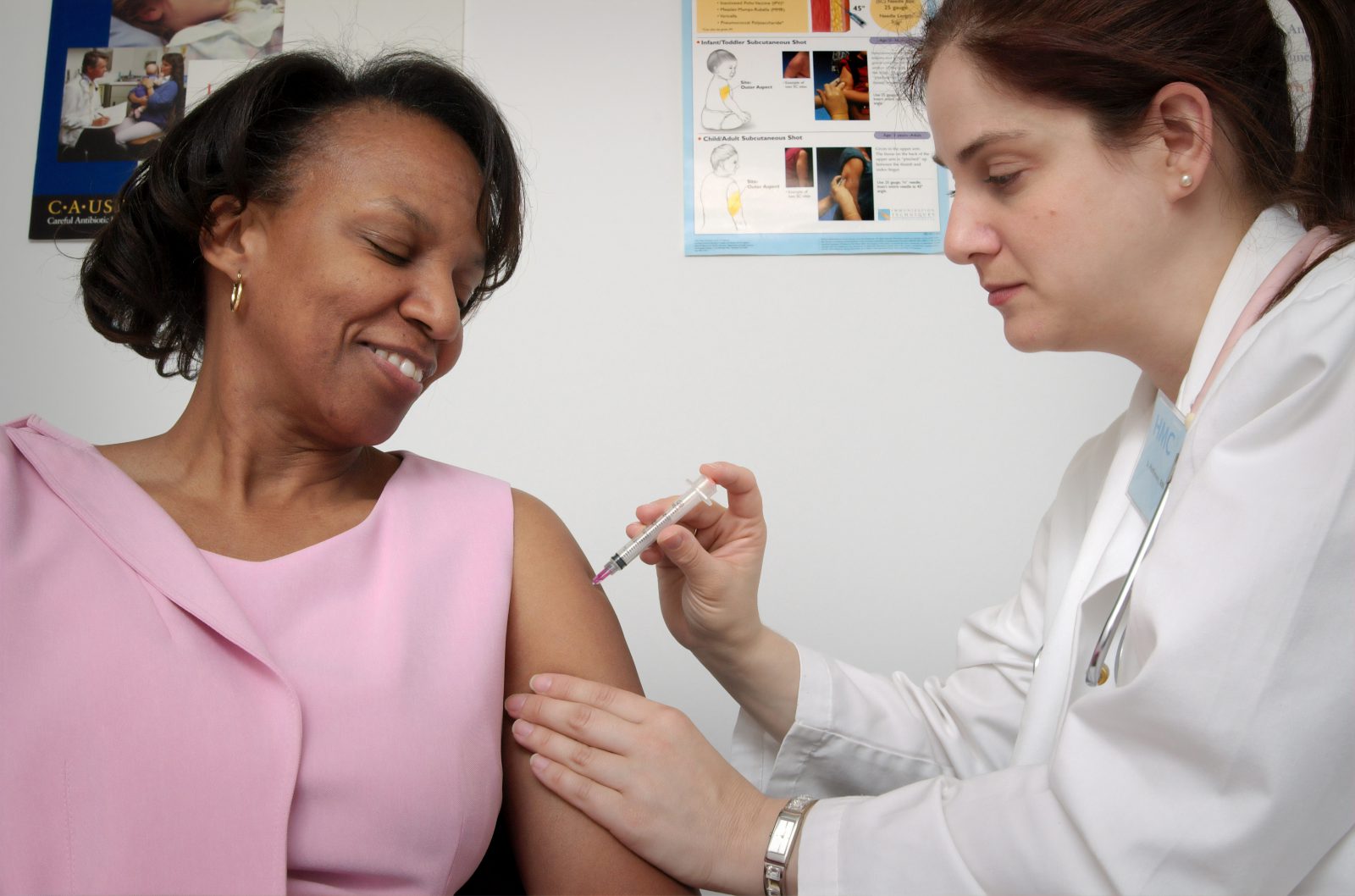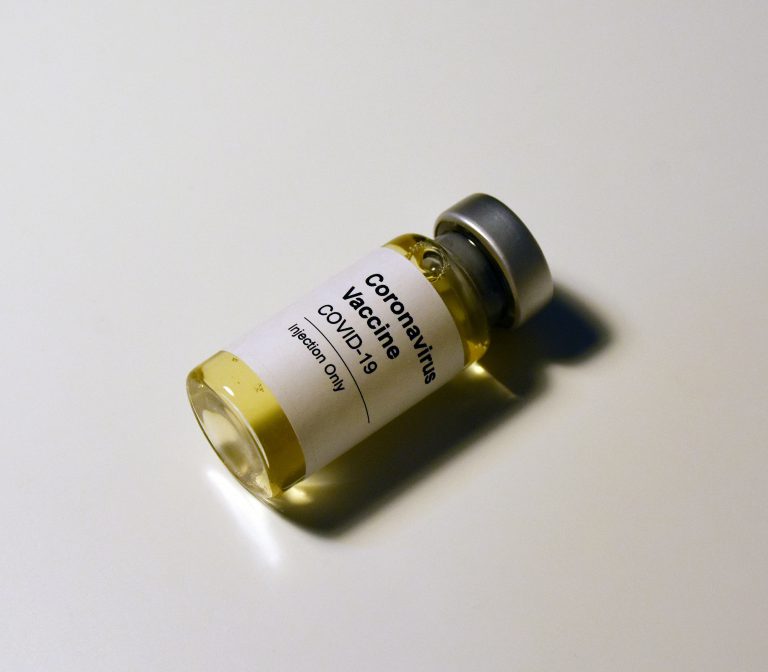As COVID-19, the name of the coronavirus that started in Wuhan, China, continues to infect people around the world, many have started to question what it is capable of doing. Since there is no real cure to the virus at the moment, prevention is a major topic. While some people know that it can transfer through contact with an infected individual, some people are worried about where these people have been. Can coronaviruses survive on surfaces left behind by the infected?
Coronaviruses and Different Surfaces
Past coronavirus cases, such as MERS, have had studies relating to persistency on surfaces done on them. For example, the virus was found to last up to two days on metallic surfaces that hover around the temperature of 20 degrees Celsius. This proves that coronaviruses can indeed survive on surfaces, and the same can be said about COVID-19, the novel coronavirus.
Knowing that coronaviruses do indeed survive on surfaces, the question is now how long do they stay persistent and infectious. Ultimately, this depends on the conditions and material of the object the virus is found to be on.
With temperatures hovering around 4 degrees Celsius, some coronaviruses, more specifically the ones that live in animals, can stay alive and infectious for up to a month. Meanwhile, higher temperatures of over 30 degrees Celsius will reduce their lifespan to even a fraction of the time. Humidity also plays a significant role, albeit different for the type of coronaviruses. In most cases, the higher the humidity, the longer the virus can remain persistent on a surface.
As for COVID-19, the virus that’s making headlines today, an infected surface can last anywhere between a few hours to slightly over a week.
Defeating Coronaviruses on Surfaces
There are a myriad of ways one can disinfect a surface from coronaviruses. The easiest way to go about it is to utilize various solutions, such as hydrogen peroxide and ethanol, sprayed over the surface to address the virus quickly.
As tested, surfaces treated with 70% ethanol had been found to significantly reduce the risk of infection within only a minute. Meanwhile, other biocides, such as chlorhexidine digluconate, which is a common antiseptic, was found to be ineffective at treating surfaces that the virus was found on.
That said, the best way to go about preventing the spread of the virus is simple habits, such as handwashing and being extremely careful with what surfaces that your hands touch. This idea was employed when the previous case of coronavirus infection caused SARS, where handwashing was the primary solution that kept people from getting infected by the virus.
Conclusion
Although there is still much to learn about COVID-19, past experiences of the coronaviruses have proven useful to help scientists to understand the Wuhan virus much better and faster. From how it reacts to different conditions to the chemicals used to disinfect surfaces, they all seem to share the same traits as other coronaviruses.
Nevertheless, simple habits like handwashing are highly recommended to combat the spread of the virus and perhaps prevent and individual from being infected as well. Hopefully, soon, the vaccine to the virus will be created to ensure that humanity is safe from this virus.
For more news related to coronaviruses and other medical topics, subscribe to our site today!
















